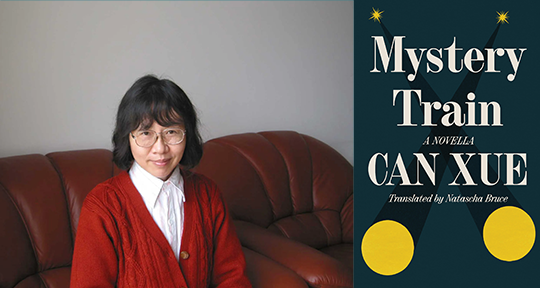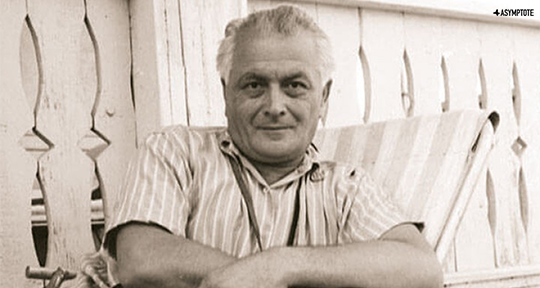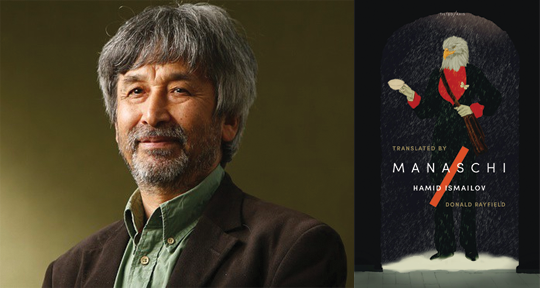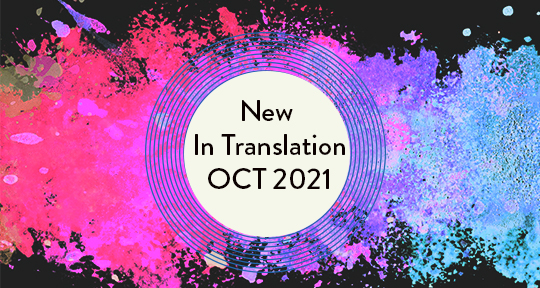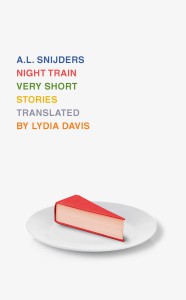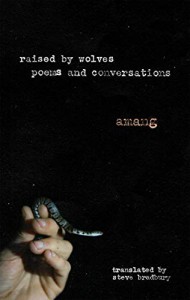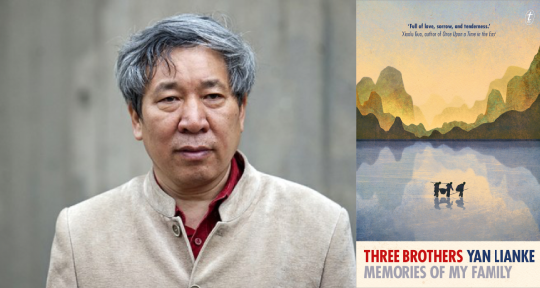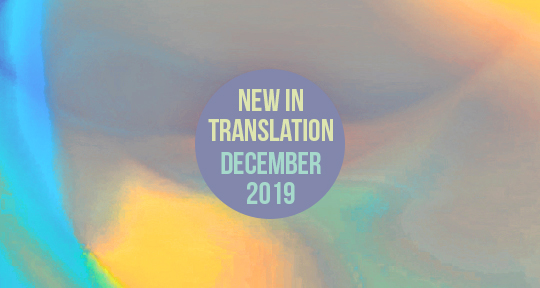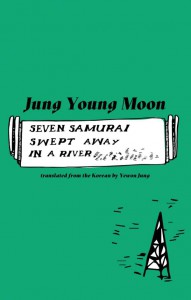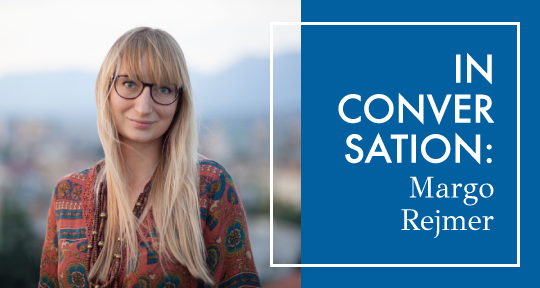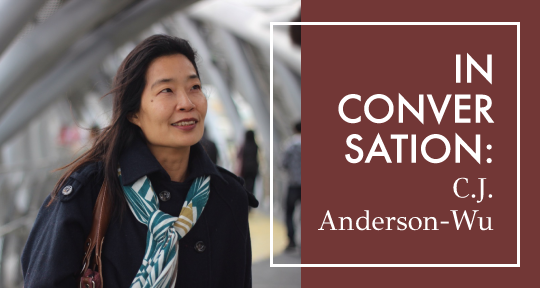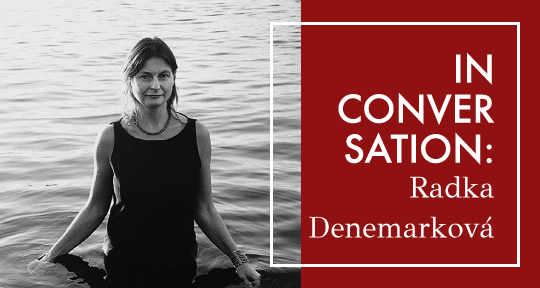Mystery Train by Can Xue, translated from the Chinese by Natascha Bruce, Sublunary Editions, 2022
To board Can Xue’s novella, Mystery Train, the reader must surrender entirely to a world plunged into eternal night, where characters give themselves up to be devoured by wolves and execute perfect needlework in pitch-black darkness, where fear and worship surround a power figure known only as the conductor, and where many are unable to make any sense of the cruelties perpetrated upon them. Can’s Matrix-style text offers little answers, opening up instead a multitude of unsettling questions about the body, induced guilt, and the illusion of choice.
In her introduction, Can (the pseudonym of Deng Xiaohua), is generous enough to provide a warning to the unsuspecting reader: “We might decide that the life the artist is describing belongs to someone else, and has nothing to do with us. But it does have to do with us—because, for us, the people of the new millennium, the body-soul contradiction is vitally important.” Indeed, Mystery Train can be read as a fable on the struggle between the presence and demands of the body—down to its most basic instincts such as sex or bowel movements—and the incessant inquiries of the soul, which demand explanation yet continually fail to culminate in satisfying answers. The author goes on to explicates the purpose of this work in the short introduction: “Mystery Train characters suffer, but never in vain. Hardship forces each one to grow, and mature, and to become tougher than they were before. Gradually, they form themselves into responsible, creative individuals. The veiled yet nevertheless intense longing for death that pervades the story is in fact a longing for performance—for a death-defying stunt played out on a clifftop.”
As promised, Can is not tender with her characters. The protagonist, Scratch, has been working on a poultry farm; the train is taking him on a business trip to a remote city in the north of China, bordering Russia. He soon discovers after boarding his train, however, that he has most likely been fired—but nothing is clear. He recalls a strange send-off by the farm’s boss: “At the bus stop, the manager grasped Scratch’s hand in his own callused one and said, with strange formality, ‘I’m sorry. I haven’t taken good enough care of you. Please forgive me.’ Not yet sixty and already going senile, thought Scratch. It made no sense. Why all the emotion? He was hardly being sent to his death.“ In such short, sharp sentences, Can builds an atmosphere of oppression—a sense of imminent danger in a forest of undecipherable symbols and signs.

